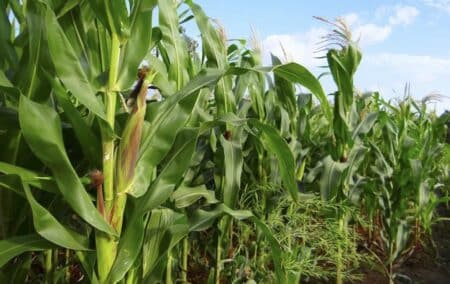Farmers are now obliged to meet black economic empowerment (BEE) requirements in order to obtain export permits for Europe. In the Government Gazette on 1 November, the government published new rules imposing such obligations.
Businesses with an annual turnover of less than R10 million are exempt. However, few export farmers produce on such a small scale, and accordingly fall below that threshold.
The new obligation will further erode investor security, job creation and growth in the sector.
The DA has already lodged a complaint with the trade offices of the EU and the UK.
Milk, cream, butter, fruit, nuts, sugar, jam, fruit purée, fruit juices, yeast, table grapes and wine are among the products affected by these requirements.
South Africa’s agricultural sector exported products to the value of around R240 billion last year. 20% went to the EU and 4% to the UK.
Noko Masipa, DA MP and party spokesperson for agriculture, says the new rules are ‘the bureaucratic equivalent of a pencil test on South African agricultural exporters’.
Dr Theo de Jager, head of the Southern African Agricultural Initiative (SAAI), asks: ‘How does one apply BEE to a family farm? It can be hard enough for a father and son, or cousins, to farm together, let alone have an outside partner forced on your farm’.
De Jager believes that government is trying to shift the responsibility to farmers for 25 years of failed land reform.
Masipa points out that the export permit rules are simply the latest race-based government policy. Previous policies include racial targets for businesses with 50 or more employees. In addition, companies which extract or store water must have a black shareholding of 25% to 75% in order to receive water licences.
*Some elements of this article, which drew on several news reports, have been clarified in the Daily Friend piece, Race regulation the real problem in export permit saga – IRR, of 15 November.

